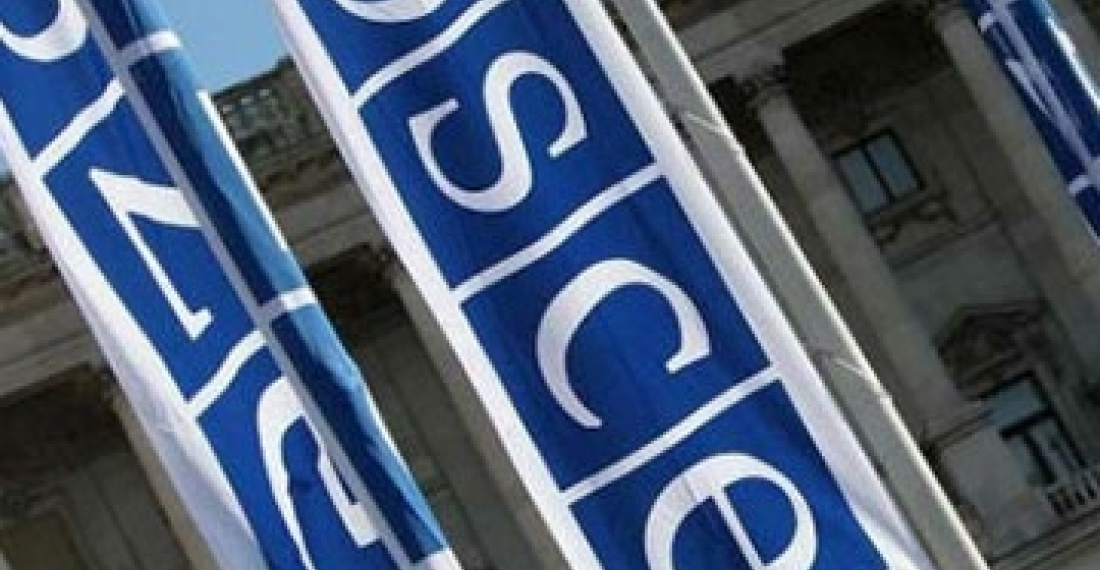Ереван, 28.12.12. АрмИнфо.
В Армении есть определенные предпосылки для проведения предстоящих президентских выборов в феврале 2013 года, которые по своему качеству будут на порядок выше майских выборов в Национальное собрание. Такое мнение в беседе с корреспондентом АрмИнфо выразил глава Ереванского офиса ОБСЕ, посол Андрей Сорокин.
"По итогам парламентских выборов представители БДИПЧ/ОБСЕ, участвовавшие в наблюдательской миссии, представили рекомендации по дальнейшему усовершенствованию избирательного процесса. И если не ошибаюсь, этих рекомендаций было 26, из которых 18 были выполнены", - отметил Сорокин. Данное обстоятельство, по словам посла, говорит о том, что руководство страны уделяет серьезное внимание транспарентности этих выборов и идет навстречу международным организациям, заинтересованным в улучшении качества избирательного процесса.
"Исходя из этого, я надеюсь, что предстоящие президентские выборы в плане открытости станут продолжением начатых реформ. Ереванский офис ОБСЕ активно работает и с Полицией, и должен сказать, что она готова к различным внештатным ситуациям, которые могут возникнуть на выборах. Мы также активно работаем со СМИ, проводим различные тренинги для них, серьезное внимание уделяется деятельности омбудсмена, направленной на защиту прав избирателей", - резюмировал Сорокин.
Напомним, президентские выборы в Армении пройдут 18 февраля 2013 года.
Commentary
АрмИнфо: Глава Ереванского офиса ОБСЕ:





